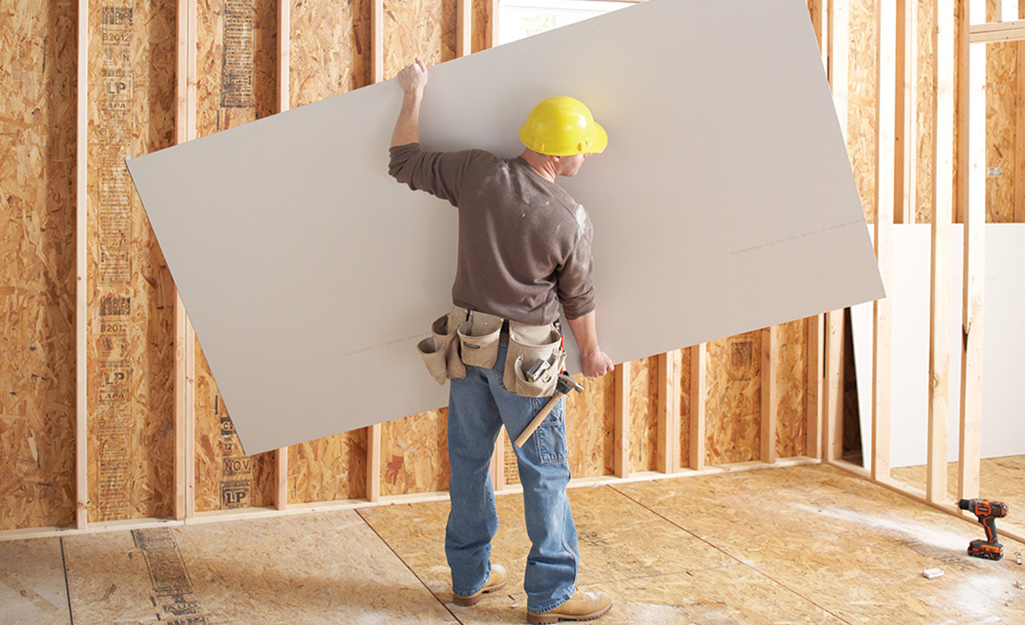Gypsum Board vs. Plywood: Unveiling the Superior Choice for Your Construction Needs
3 min read
When it comes to construction materials, gypsum board and plywood are two popular choices. Both have their own unique characteristics and applications. In this article, we will delve into the key factors that differentiate gypsum board from plywood, and ultimately determine which material is better suited for various construction projects.
- Composition and Manufacturing Process:
Gypsum Board:
Gypsum board, also known as drywall or plasterboard, is composed of a gypsum core sandwiched between two layers of paper. The gypsum core is made from a naturally occurring mineral called gypsum, which is processed into a powder and mixed with additives to enhance its properties. The manufacturing process involves spreading the gypsum slurry onto paper sheets, drying, and then cutting them into desired sizes.
Plywood:
Plywood is made from thin layers of wood veneer, known as plies, which are glued together with the grain direction alternating between each layer. This cross-grain construction gives plywood its strength and stability. The manufacturing process involves peeling logs into thin veneers, drying them, applying adhesive, and pressing the layers together under high pressure.
- Strength and Durability:
Gypsum Board:
Gypsum board is lightweight and relatively less durable compared to plywood. It is more susceptible to impact damage and can easily crack or break under heavy loads. However, it offers excellent fire resistance properties, making it a preferred choice for fire-rated assemblies.
Plywood:
Plywood is known for its strength and durability. It has high structural integrity and can withstand heavy loads without warping or bending. It is also more resistant to impact damage compared to gypsum board. However, plywood is not fire-resistant and may require additional fireproofing measures in certain applications.
- Moisture Resistance:
Gypsum Board:
Gypsum board has inherent moisture resistance properties, making it suitable for areas prone to high humidity, such as bathrooms and kitchens. However, prolonged exposure to water can cause the gypsum core to deteriorate, leading to mold growth and structural damage.
Plywood:
Plywood is susceptible to moisture absorption and can warp or delaminate when exposed to water for extended periods. However, moisture-resistant plywood, such as marine-grade plywood, is available for applications that require enhanced water resistance.
- Installation and Cost:
Gypsum Board:
Gypsum board is relatively easy to install, requiring fewer tools and skills compared to plywood. It can be quickly cut, screwed, or nailed into place, making it a cost-effective option for interior wall and ceiling applications. Additionally, gypsum board is more affordable than plywood, making it a budget-friendly choice for many construction projects.
Plywood:
Plywood installation requires more expertise and specialized tools, as it may need to be cut and fitted precisely. The cost of plywood varies depending on the wood species, thickness, and quality. While it may be more expensive than gypsum board, plywood's durability and versatility make it a worthwhile investment for long-term projects.
Conclusion:
In conclusion, the choice between gypsum board and plywood depends on the specific requirements of your construction project. Gypsum board offers excellent fire resistance and moisture resistance properties, making it ideal for interior applications. On the other hand, plywood excels in strength, durability, and versatility, making it suitable for a wide range of structural and exterior applications. Consider the project's needs, budget, and desired performance characteristics to determine which material is the better choice for your construction needs.
